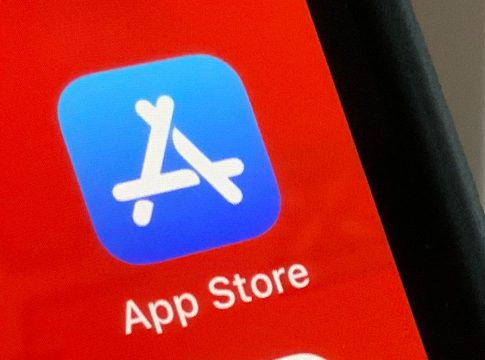Apple Leverages AI to Enhance App Store Discoverability
Apple is making strides in app discoverability by integrating advanced AI tagging techniques within iOS 26, now in developer beta. However, these innovations are still a work in progress and haven’t yet reached the public App Store or influenced its search algorithm.
A New Era for App Discoverability
Recent insights from app analytics firm Appfigures point to significant changes in how apps may be discovered on Apple’s platform. Historically, app discoverability hinged on a limited set of metadata, including the app’s name, subtitle, and keyword list. However, Appfigures has noted that metadata from app screenshots may now be playing a crucial role in search rankings.
This shift aligns with Apple’s announcements at its recent Worldwide Developer Conference (WWDC 25), which indicated a move toward using AI for enhanced data extraction. Unlike previous methods that relied on basic optical character recognition (OCR), Apple’s approach employs sophisticated AI techniques to extract valuable information buried within app descriptions, categories, and even screenshots. This innovation means app developers will no longer need to overload their screenshots with keywords to boost visibility.
Human Oversight in AI Tagging
The new AI-driven tagging system enables Apple to categorize apps more effectively by assigning specific tags based on the extracted metadata. Developers will eventually have control over which AI-generated tags apply to their apps. Crucially, Apple has also promised a layer of human oversight, ensuring that these tags undergo review before they become public, maintaining quality and relevance in app categorization.
Implications for Developers and Users
As the tags roll out to global App Store users, developers will need to familiarize themselves with how these tags work and how to optimize their app’s discoverability. This is particularly crucial as developers navigate an increasingly competitive landscape in the app market.
The implications of such advancements are profound. With AI playing a larger role in how users discover apps, there’s a potential for increased visibility and engagement, especially for niche applications that might have previously struggled to reach their intended audience. As Apple continues to refine its App Store ecosystem through AI, developers and users alike should prepare for a paradigm shift in how apps are ranked and showcased.
A Continuing Evolution
This initiative is part of a broader trend where companies leverage AI to enhance user experience and streamline operations. Historically, as AI technology evolved, it has steadily transformed industries, from marketing to healthcare, promising more personalized and accessible services. Apple’s commitment to integrating AI in the App Store echoes this evolution and signals exciting times ahead for both developers and app users.
As these AI tagging capabilities become widely available, the App Store could see a significant reshaping, fostering an environment where discoverability is enhanced, and user experience is optimized, paving the way for the next generation of mobile applications.

Writes about personal finance, side hustles, gadgets, and tech innovation.
Bio: Priya specializes in making complex financial and tech topics easy to digest, with experience in fintech and consumer reviews.

